We express gratitude to the participants who decided to join the interview series and help others make decisions about participation. If you are willing to join this series, contact us via our contact form or through our social media accounts.
Anđelo Beletić
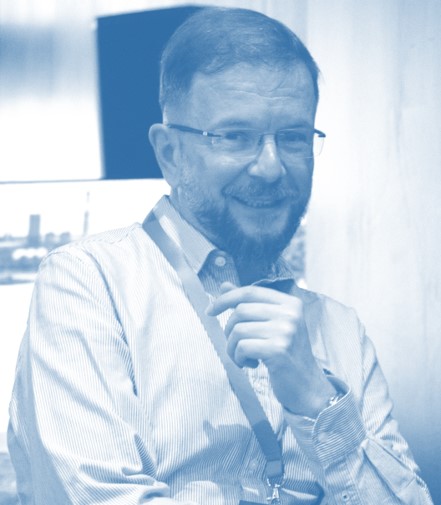
“By attending, young researchers have the advantage of learning from established peers, participating in discussions about comprehensive aspects of science (such as methodology, ethics, translation, innovation, or society involvement), and presenting their research results.”
Please introduce yourself in a couple of sentences.
My educational background (Master of Pharmacy-Medical Biochemist, a Medical Biochemistry Specialist title, and a PhD) originates from the Faculty of Pharmacy, University of Belgrade, Serbia. The European Federation of Clinical Chemistry and Laboratory Medicine assigned me a European Specialist of Laboratory Medicine certificate in 2022.
Following my employment at the Faculty of Pharmacy, University of Belgrade, Serbia, the University Clinical Center of Serbia, and the Faculty of Veterinary Medicine, University of Zagreb, Croatia, I joined Genos Glycoscience Research Laboratory (Zagreb, Croatia) in 2023.
I am an Associate Research Professor in Natural Sciences-Biology and Assistant Research Professor in Biomedicine and Public Health-Veterinary Medicine. Besides, I serve as an Assistant Editor of Biochemia Medica, the official journal of the Croatian Society of Medical Biochemistry and Laboratory Medicine.
How was your experience as a panelist at the 8th PhDSS and what are your general thoughts about the symposium?
Participating as a panelist enriched me with a uniquely pleasant experience. Besides feeling honored by the invitation, I encountered a motivating challenge to attract attention and initiate the discussion with young peers by presenting my attitudes about Academia & Industry Synergy. Additional value came from the impression of a “perfect fit” between the panelists from different scientific branches. Of course, the active engagement of the participants, their questions, and shared attitude were the most valuable aspects. To summarize my impressions after the panel discussion, I felt proud of the possibility of offering my experiences to young peers as a resource in their career development.
Generally precepting, I need to emphasize that PhDSS represents a high-impact opportunity that the Faculty of Science offers to PhD students. Gathering future scientists from various branches promotes interdisciplinarity, which is “sine qua non” for achievements in modern science. By attending, young researchers have the advantage of learning from established peers, participating in discussions about comprehensive aspects of science (such as methodology, ethics, translation, innovation, or society involvement), and presenting their research results. Finally, the organization required an effort that merits outstanding acknowledgment.
Can you tell us about your experience as a public speaker/presenter?
My experience includes lectures and presentations at scientific events and professional meetings. Additionally, I participated as a lecturer in MSc and PhD curricula.
How satisfied were you with the information given before the symposium and with the overall organization?
Organizers made maximum effort to ensure that we, as panelists, received all necessary information about the panel concept, content, and the envisaged input from the symposium participants. Additionally, I would highlight the perfect balance between the input from each panelist. As a special organizational value, I would point out the possibilities for the panel attendees to submit questions digitally.
What advice would you give to anyone planning to participate as a speaker/presenter?
First of all, be proud to receive the invitation. Be confident about the topic of your talk and focus on keeping it structured with key points standing out. For presenting style, try to make your research engaging by explaining it in a way that even those outside your field can follow.
Would you recommend attending this symposium as a speaker to your colleagues?
Of course, I would recommend and share my enthusiasm about the Symposium for several reasons. Invitation represents an outstanding honor, indicating that young peers and their mentors recognized your scientific and professional track record as a valuable “resource” for “know-how” in your expertise area. Besides, indirectly, it is an acknowledgment and gratitude to all the seniors who mentored us. Finally, discussions (formal and informal) with young peers, learning about their attitudes or needs and helping them with dilemmas they encounter “refresh” our minds and ways of thinking and motivate further efforts to secure the best paths for our successors.
Iva Palatinuš
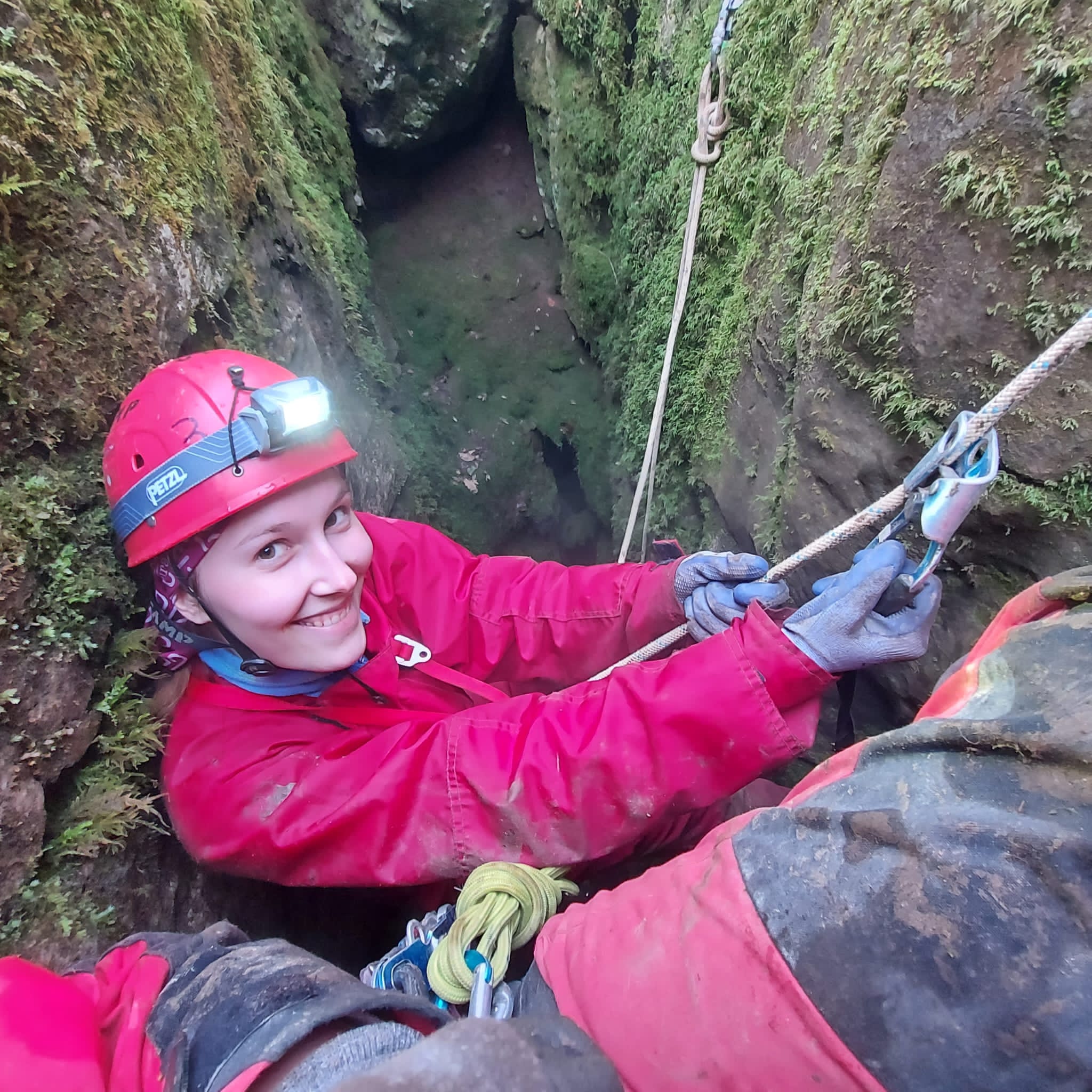
“What sets this symposium apart for me is its multidisciplinary approach, because I got the opportunity to meet people from different research fields that intersect with my own work.”
Please introduce yourself in a couple of sentences.
I’m a geologist and a second-year PhD student at the Faculty of Science, University of Zagreb. Currently, I am working as an assistant at the Croatian Geological Survey. My PhD research is a part of a project funded by the Croatian Science Foundation, where we utilize speleothem proxy data to reconstruct past climate changes.
Which type of participation did you choose for the symposium and how was your experience and what did you gain from it?
I participated with an oral presentation, which was a good practice that helped me improve my speaking and presentation skills. I also received constructive feedback from fellow participants.
Why did you choose to attend the symposium, and what sets it apart from other symposiums?
I chose to attend the symposium because I believe networking is a key component of a young scientist’s career. I was happy to present my PhD research to fellow colleagues and experts, and to get their feedback. What sets this symposium apart for me is its multidisciplinary approach, because I got the opportunity to meet people from different research fields that intersect with my own work.
Which topics did you find useful, and which segment of the symposium was the most engaging?
I enjoyed the lecture by Ivan Güttler, as he is a meteorologist and his presentation on climate change directly aligns with my PhD research.
What moments in the symposium were the most memorable for you?
The most memorable were the invited lectures. In addition to covering interesting topics important for young scientists, the speakers encouraged the audience for participation and discussion.
What advice would you give to someone considering participating in the future?
I recommend they come well-prepared for their presentation, engage actively in discussions throughout the event, and take full advantage of the networking opportunities.
Would you recommend the symposium to your colleagues?
I would highly recommend participating, as it is a great opportunity for networking and development of both professional and social skills.
Antonia Smolić
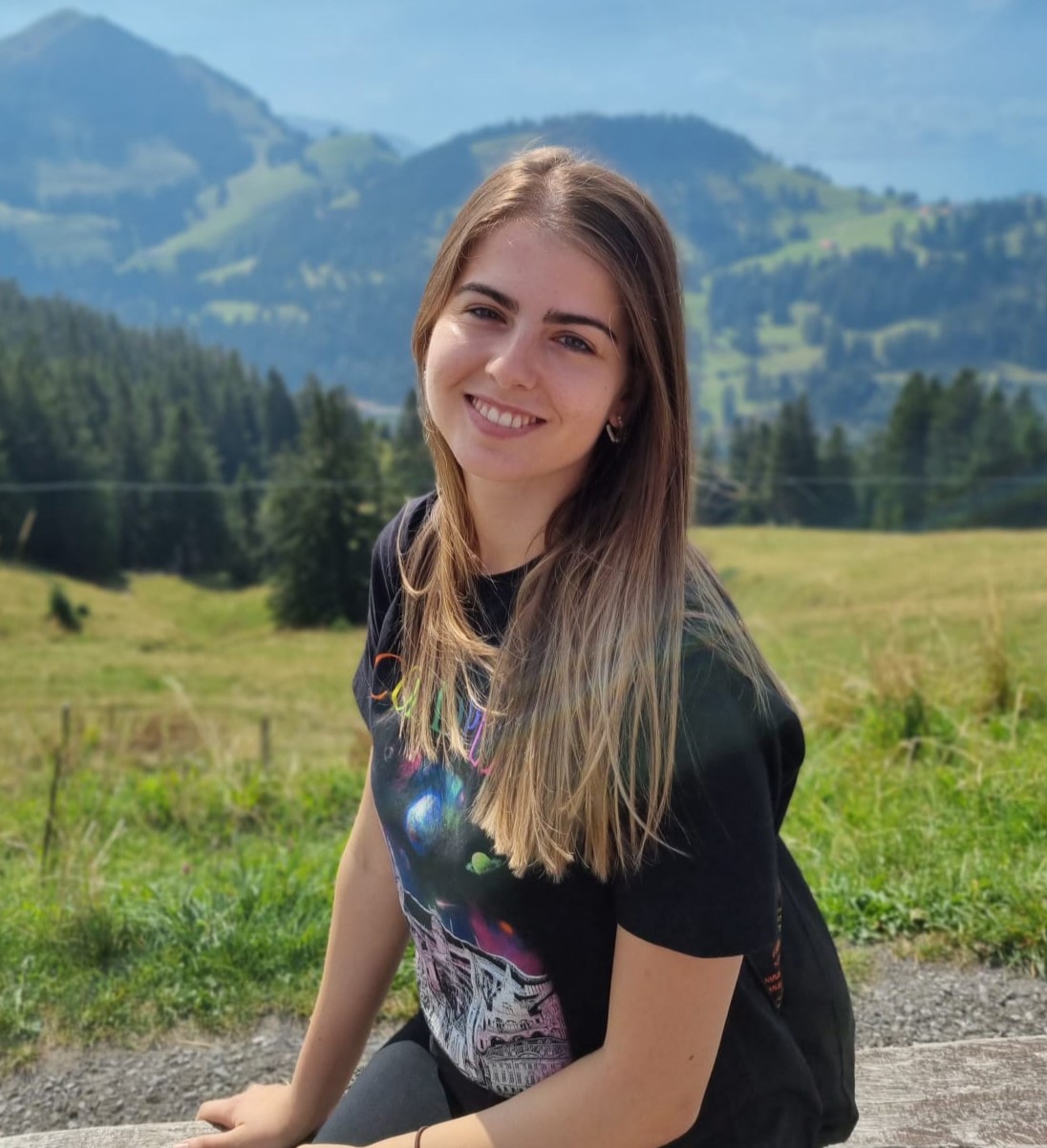
“Through this experience, I gained valuable insights, including practical advice on choosing a supervisor, lab group, and research project.”
Please introduce yourself in a couple of sentences.
I am currently a Research Assistant at the Ruđer Bošković Institute in Zagreb and a PhD student at the University of Zagreb. I’m really passionate about ecotoxicology, so my research focuses on impacts of pollution and climate change on ants. At the time of volunteering at the symposium, I was a recent graduate.
How did you find out about the symposium and how was your experience?
I don’t remember exactly, but I believe I first came across it on Instagram. My experience at the symposium was fantastic. I had the chance to meet many inspiring and knowledgeable PhD students who shared valuable advice for my future. As a recent graduate searching for a job with specific career goals, their insights were incredibly helpful.
Why did you choose to volunteer at the symposium, and what did you gain from the experience?
I chose to volunteer because I wanted to connect with as many PhD students as possible and observe them presenting their research. Through this experience, I gained valuable insights, including practical advice on choosing a supervisor, lab group, and research project.
What are your general thoughts about the symposium, and which segment of the symposium did you find the most engaging?
The symposium was well organized and covered a wide range of topics. It was fascinating to see such diversity, where in one place, you could hear about both ecology and theoretical mathematics, which is quite rare. This made it a great opportunity to learn something new. The most engaging parts for me were the coffee breaks and networking between sessions, as they provided a chance to connect with other attendees. Additionally, the panel discussion with experts from both industry and academia was valuable for everyone at the start of their careers.
Which part of the symposium was the most memorable for you?
Other than the numerous opportunities for networking during the breaks, the most memorable part for me was the quiz held after the symposium. It was a lot of fun!
What advice would you give to someone considering volunteering in the future?
Go for it! Volunteering is a great opportunity to meet new people, make friends, and potentially connect with future colleagues.
Would you recommend this symposium as a positive volunteer opportunity to your colleagues and are you interested in joining us in the future, whether as a volunteer or as a participant?
I would definitely recommend this symposium as a great opportunity to my friends and colleagues (I’ve already done so). Unfortunately, this year I have a field trip scheduled during the symposium, but I hope to participate next year!
Tea Ostojić
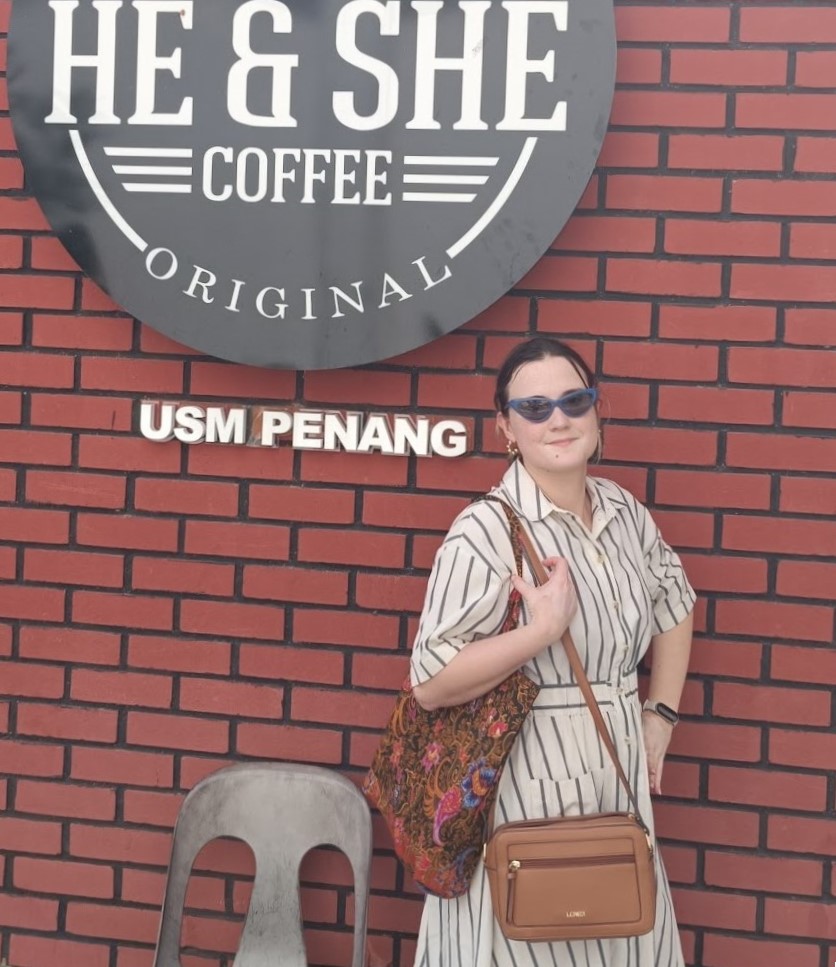
“From this experience, I gained invaluable organizational and teamwork skills, as well as insights into event planning and communication. Collaborating with people from diverse backgrounds taught me how to manage different perspectives and responsibilities effectively. It was a challenging but rewarding experience that helped me grow both personally and professionally. “
Please introduce yourself in a couple of sentences.
My name is Tea, and I’ve experienced PhDSS from different perspectives over the years. In 2022, I presented my research with a poster, while in 2024, I was part of the organizing team. I’m currently pursuing my PhD as part of a research project at Ruđer Bošković Institute, focusing on nucleobase aggregation.
Seeing as you’ve been both an active participant and a member of the organizing committee, how would you describe PhDSS? What makes it different from other symposiums?
I would describe PhDSS as a unique opportunity to expand your scientific network and present your research in a relaxed and supportive atmosphere. While it is a proper symposium, I found it to be less formal and more enjoyable compared to other conferences, as over 90% of the participants are fellow PhD students like me. To my knowledge, there are only a few other PhD student-focused conferences in the region, but this is the only one aiming to connect the entire STEM research community. Another important aspect is that participation is free, allowing us to allocate project funds to other conferences or research visits, which in turn helps build confidence in presenting our work.
What motivated you to join the organizing team and what did you learn from that experience?
I was motivated to join the organizing team because I saw it as an opportunity to contribute to the scientific community and develop skills beyond my research. From this experience, I gained invaluable organizational and teamwork skills, as well as insights into event planning and communication. Collaborating with people from diverse backgrounds taught me how to manage different perspectives and responsibilities effectively. It was a challenging but rewarding experience that helped me grow both personally and professionally.
Which part of the symposium were you the proudest of and what were some memorable moments from the symposium for you as an organizer?
My proudest moment as part of the organizing team was hearing that my colleagues successfully managed all the unexpected challenges and small issues that arise during an event. Although I wasn’t present during the two days of the Symposium due to a work-related trip, I was cheering them on from afar, hoping that they would have an enjoyable experience rather than just a demanding workload. Knowing that everything ran smoothly thanks to their dedication made me feel truly proud to be part of such a capable and supportive team.
What advice do you have for the current organizing team?
My advice for the current organizing team would be to stay flexible and prepared for unexpected challenges, as those moments often define the success of an event. Focus on clear communication within the team as it helps avoid unnecessary stress and ensures everyone is on the same page. Also, remember to take moments to enjoy the process. Organizing an event like this is as much about personal growth and teamwork as it is about the final outcome.
In your opinion, did the symposium meet your expectations? And would you recommend the symposium to your colleagues?
Yes, the symposium definitely met my expectations. It provided a great platform for networking, sharing research, and fostering collaboration. For those who might not have enough results yet or have already presented their work (multiple times) elsewhere, I’d suggest attending as passive participants. This way, they can still benefit from the experience and expand their network without the pressure of presenting, making it a completely stress-free opportunity.
Ozana Mišura
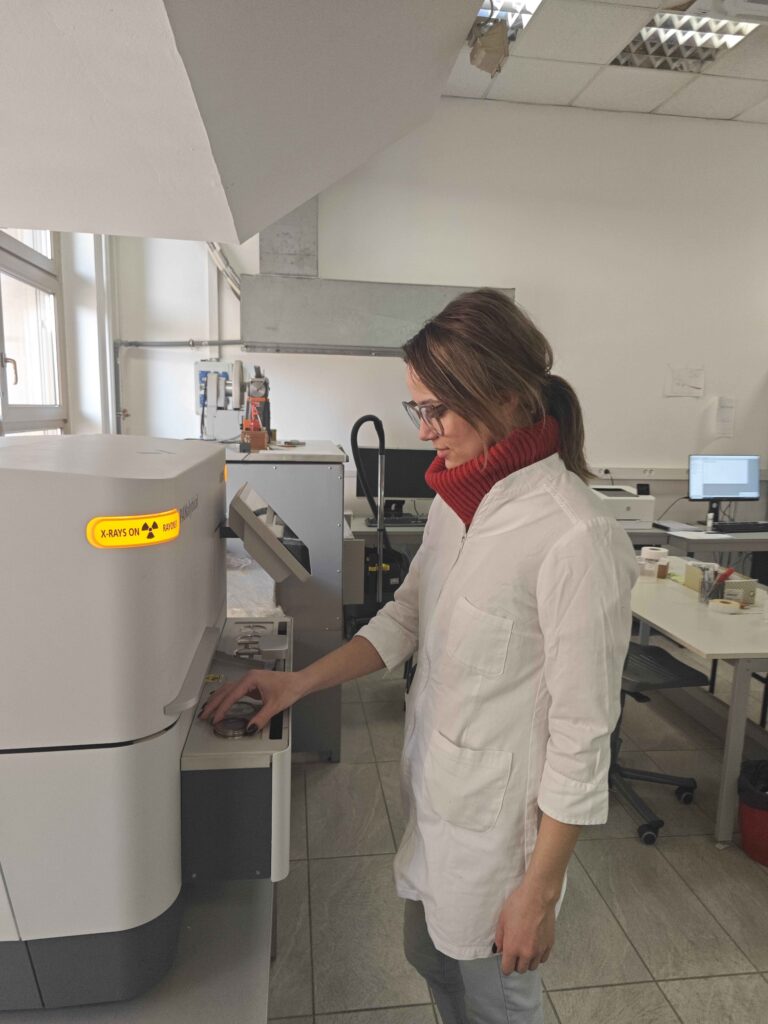
“It’s incredibly rewarding, beneficial, and interesting to receive critiques, comments, suggestions, and opinions from fellow young scientists who are also in their PhDs and in different scientific disciplines. “
Please introduce yourself in two sentences.
I am a chemistry PhD candidate currently enrolling the final year of my doctoral studies. My research focuses on exploring material properties and examining their structure, specifically establishing connections between structural features and the potential manifestation of a property.
Which type of participation did you choose in the last symposium’s editions?
In the several last editions, I disseminated my research in a poster presentation, and a couple of times I had the opportunity to present oral talk. It’s been a rewarding experience to be engaged in different formats of participation as it contributed to enriching personal skills in presenting my results, both in writing and orally, in a clear and succinct manner.
Would you recommend PhD students joining the Symposium and why?
Absolutely, yes. It’s incredibly rewarding, beneficial, and interesting to receive critiques, comments, suggestions, and opinions from fellow young scientists who are also in their PhDs and in different scientific disciplines. It’s highly valuable as it requires one to synthesize and critically organize their work when presenting it briefly.
What was the feedback on your presentation?
Based on my own experience, the topic proved to be quite engaging for the majority of the audience, regardless of their scientific background or current research interests. Following the presentation, there were several insightful and interesting questions, making the subsequent discussion both appealing and beneficial.
Why did you join the Symposium (location, no registration fee or something else)?
I joined the Symposium because it provides a highly appreciative platform for presenting my own research. Covering a broad spectrum of areas and diverse branches, it offers a unique opportunity to delve into current issues and research across various scientific disciplines. Additionally, it serves as an excellent stepping stone for larger conferences.
Laura Posarić
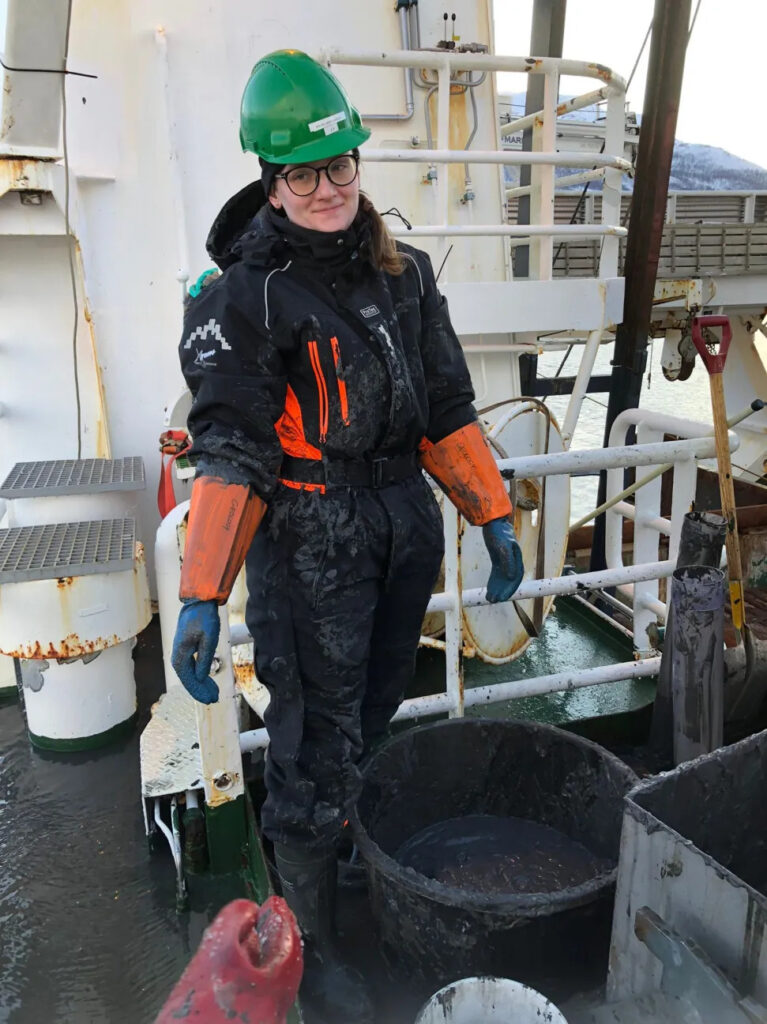
“The Symposium is a great place to share your ideas, get feedback from people who are in the same problems as you and on the same level as you…”
Please introduce yourself in two sentences.
I’m Laura Posarić. I am a PhD student of geology at the Faculty of Science. My PhD represents a collaboration between the Arctic University of Tromsø and the Institute of Mineralogy and Petrography at the Faculty of Science. I research mining residues and their impact on the environment and potential reuse. The focus is currently on the residues from copper mining in the Arctic climate both on land and disposed underwater in the fjord. I’ve spent several summer and winter months in Tromsø, enjoying Aurora Borealis and endless snow.
Which type of participation did you choose in the last symposium’s editions?
Last year I participated with a poster presentation. That was my third year as a participant. In those three years, I participated both as a passive and active participant. In 2022, I held an oral presentation.
Would you recommend PhD students joining the Symposium and why?
I would! I think networking and discussing your research is an important part of the PhD journey. The Symposium is a great place to share your ideas, get feedback from people who are in the same problems as you and on the same level as you, but, of course, in different topics, and get new ideas for your research, partnership or help in challenges you faced.
The first time I joined in 2021 was because of both the location (at my workplace) and “the no-registration-fee situation”. But, every time after that was because of curiosity – I like to know what others do, get different ideas for my research, and learn something new in workshops and lectures.
Antonija Matek
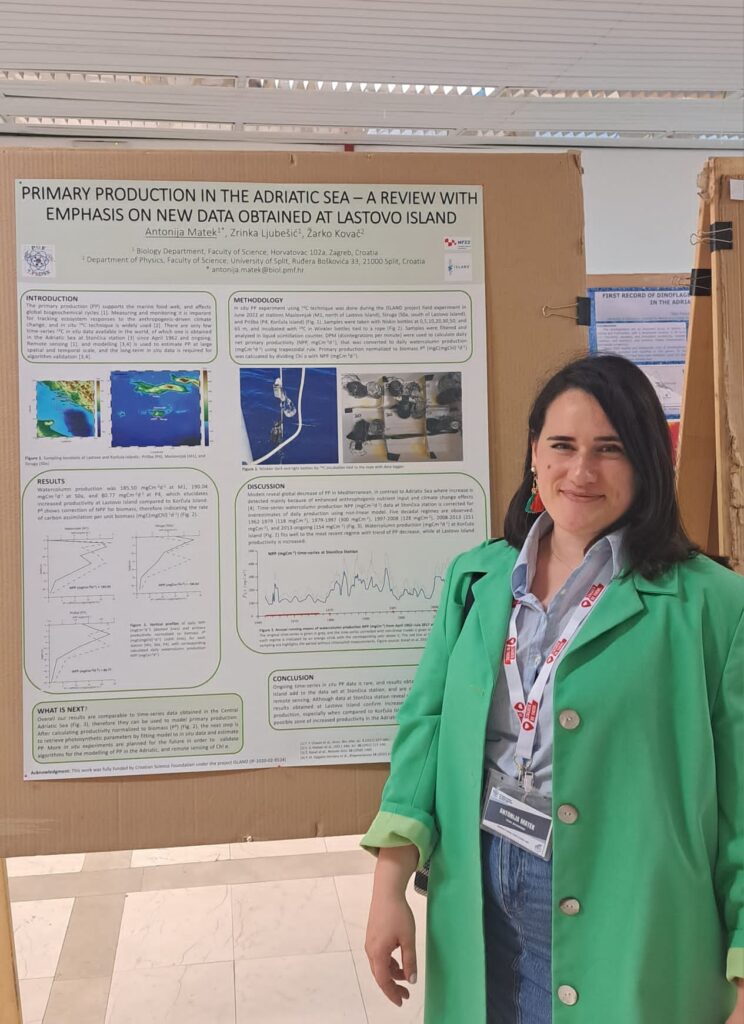
“It’s a great opportunity to share what you’re doing in a friendly environment.”
Please introduce yourself in two sentences.
My name is Antonija Matek, and I am PhD student at Biology Department in Faculty of Science at University of Zagreb. My research primarily centers on Biological Oceanography, particularly on the dynamics of phytoplankton communities, delving into their diversity and ecology, with a specific emphasis on primary production.
View this post on Instagram
Gaurav Pransu
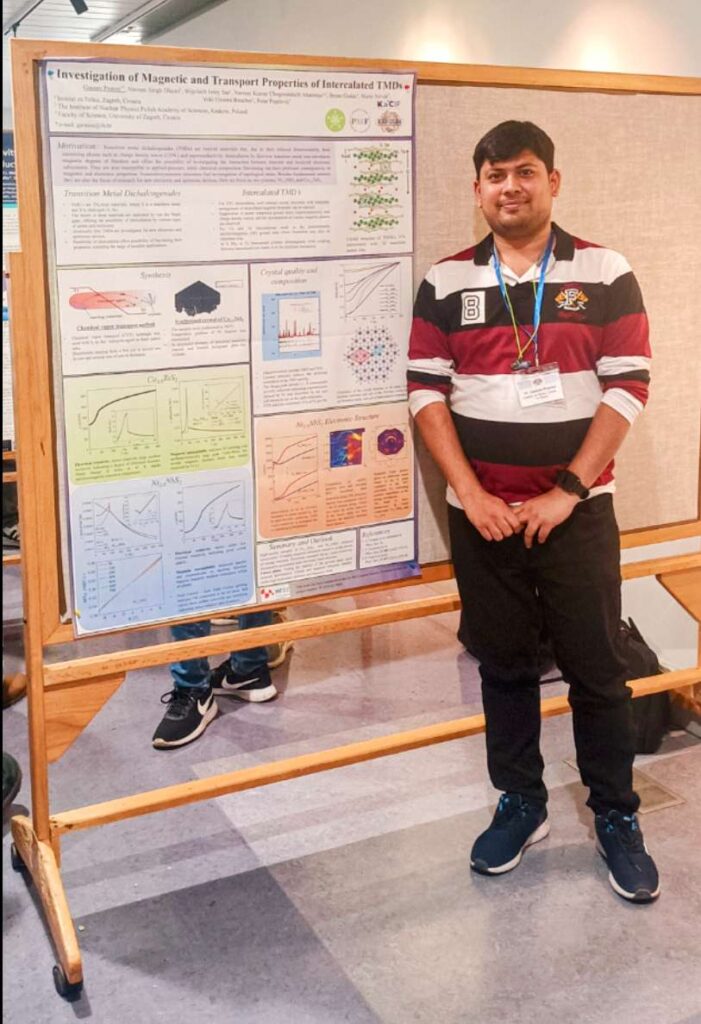
“I strongly encourage PhD students to attend the Symposium.”
Please introduce yourself in two sentences.
I am Gaurav Pransu, currently pursuing my PhD in the Department of Physics at the University of Zagreb. My research interest lies in the field of Condensed Matter physics.
Which type of participation did you choose in the last symposium’s editions?
I presented a poster at the last symposium.
Would you recommend PhD students joining the Symposium and why?
I strongly encourage PhD students to attend the Symposium for the following reasons:
1. Excellent presentations by both invited speakers and participants. The poster session was also very enjoyable.
2. Excellent opportunity to network with industry professionals as well as collaborate with other groups.
3. Great after-party as well.
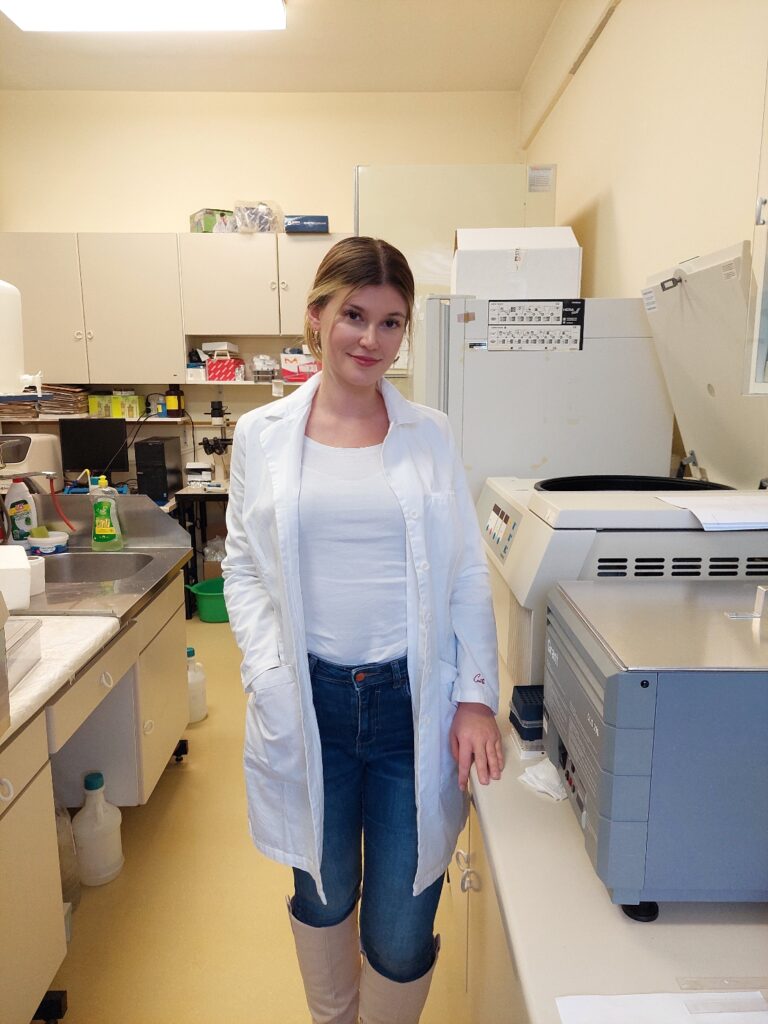
“I am obsessed with discovering new places and learning about the Earth we live in.”
Please introduce yourself in two sentences.
My name is Tea Vasiljević, I am a PhD student of biology at PMF. I am doing the experimental part of my PhD at the Rudjer Boskovic Institute. I research cancer stem cells in head and neck cancers. The focus of the research is on Toll-like 3 receptors. In my free time, I travel a lot. I am obsessed with discovering new places and learning about the Earth we live in.
Which type of participation did you choose in the last symposium’s editions?
Last year, I decided to be a passive participant. I didn’t have much time to prepare a presentation, but I still wanted to be a part of the symposium. I was curious to hear presentations from other colleagues.
Are you going to apply this year?
This year, I decided to participate with a poster presentation. I am excited to share my work with other colleagues from different branches of STEM who also study at PMF as well as at other institutions.
Would you recommend PhD students joining the symposium, and why?
I would recommend this symposium to PhD students. I think that the overall idea is great and motivating for PhD students. This is the perfect opportunity to meet other PhD students and get familiar with the work of others. This year, I decided to participate with a poster presentation. I am excited to share my work with other colleagues from different branches of the natural sciences who also study at PMF as well as at other institutions.